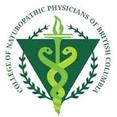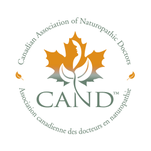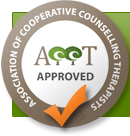What is Botanical Medicine?
Botanical Medicine, also known as herbal medicine, herbalism or phytotherapy, is the use of a plant’s seeds, roots, bark, leaves or flowers for the treatment and prevention of disease. Botanical Medicine is an ancient healing art, with evidence of use from Ancient Chinese and Egyptian papyrus writings since 3,000 BC. Indigenous, Ayurvedic, Chinese and Western Cultures have maintained its use throughout the ages, and advances in clinical research are helping Botanical Medicine become more mainstream today.
How do I take it?
Botanical medicine comes in various forms. See the list below to determine which form is best for you:
- Supplement: This process involves either extracting the constituent responsible for a certain action of the plant (ex: glycyrrhizin from licorice for liver health) or the supplement contains the entire herb in a dried powder form.
- Tincture: A tincture is an alcohol or glycerin based product in which the plant matter is soaked in the alcohol or glycerin for at least 2 weeks to extract the plant’s healing properties. This form is best for plant constituents which are not water soluble, such as saponins, oils or resins.
- Infusion: An infusion is also known as a tea. The plant matter, usually the leaves or flowers, is placed in hot water for 15 minutes to allow water soluble constituents to be extracted from the plant into the water.
- Decoction: A decoction is used for the plant’s bark, roots or seeds. These plant materials are tougher and need to be boiled in water for 15-20 minutes before being taken as medicine.
- Salve/Lotion/Balm/Ointment/Liniment: These topical applications are usually used for skin conditions or superficial body tissues such as muscles, ligaments, blood vessels and tendons. The plant matter is infused in oil. Changes in texture and the ratio of oil, wax and essential oils determines the difference between these topical applications.
- Compress/Poultice: These topical applications are also used for skin conditions or superficial body tissues. A poultice involves the use of a paste of macerated or finely chopped plant matter applied directly to the skin. A compress is made by dipping a cloth into an infusion or decoction, and applying the soaked cloth directly onto the skin.
Who can benefit from Botanical Medicine?
Everyone can benefit from Botanical Medicine. It is used for both chronic and acute conditions and has been successful in the treatment and prevention of hypertension, migraine headaches, diabetes, cancer, insomnia, asthma, skin conditions, PMS, menopause, musculoskeletal pain and many more conditions.




